UCSF Medical Center Ranks Among Nation’s Exceptional Hospitals
UCSF Medical Center has been ranked among the country’s best hospitals in adult care in U.S. News & World Report’s prestigious Best Hospitals survey.
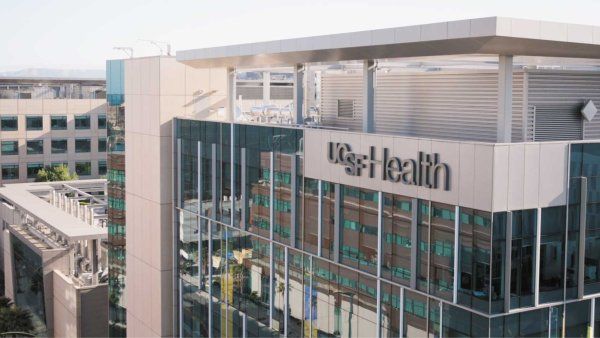
University of California San Francisco
Give to UCSFUCSF Medical Center has been ranked among the country’s best hospitals in adult care in U.S. News & World Report’s prestigious Best Hospitals survey.

A newly discovered hormone explains why females can maintain bone density during lactation, when calcium is stripped away to make milk. This discovery could one day have applications to treating fractures, osteoporosis, and other bone diseases.
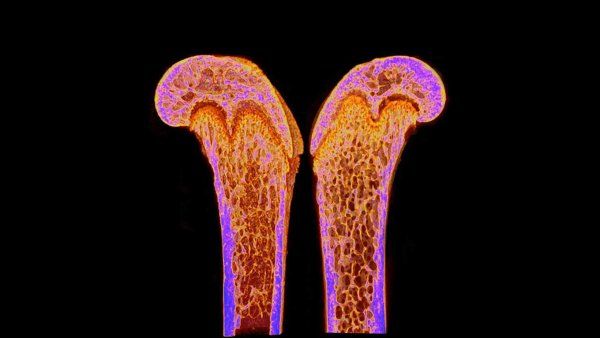
Scientists have identified the biomarkers in progressive supranuclear palsy, a type of frontotemporal dementia, the most common dementia affecting people under 60.
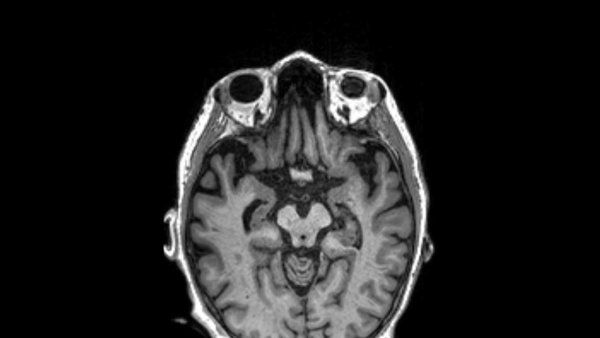
A study linked chronic inflammation in early adulthood to loss of cognitive skills in midlife. Chronic inflammation is caused by obesity, smoking, and poor health. Those with higher levels of inflammation were twice as likely to have poor cognitive performance than those with low inflammation.

UCSF gynecologists explain how hormone therapy may ease the transition.
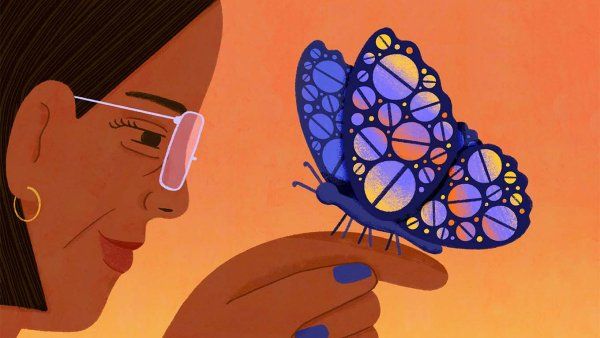
Perpetual stress runs us down. But a truly restorative state that alters our bodies at the cellular level can counter this deterioration.

Deep rest is best achieved in prolonged practices that relax the body and quiet the mind. But you can also combat stress within seconds by activating your parasympathetic nervous system. Here are a few approaches to making this biological shift quickly.
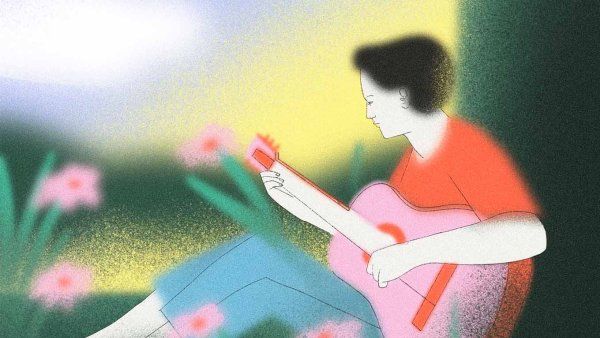
Traumatic brain injuries for people over age 65 can raise their risk for dementia, Parkinson's, cardiovascular and psych disease. Contrary to earlier research, the study found that healthy, wealthy white women are at higher risk.
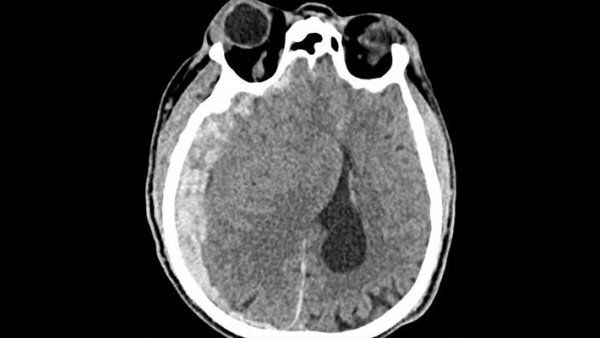
Liver samples that spent two months in the International Space Station will be studied to observe how microgravity ages liver cells and impacts their ability to regenerate. Understanding how aging damages the liver – and ways to potentially reverse that damage – could pave the way for better prevention and treatment of liver disease.
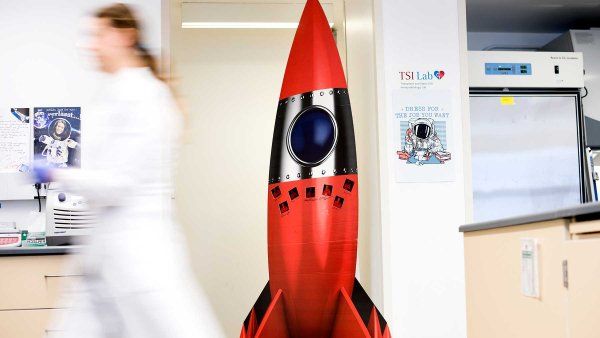
Anti-Asian hate may be fueling isolation and poorer health among elderly San Francisco residents.
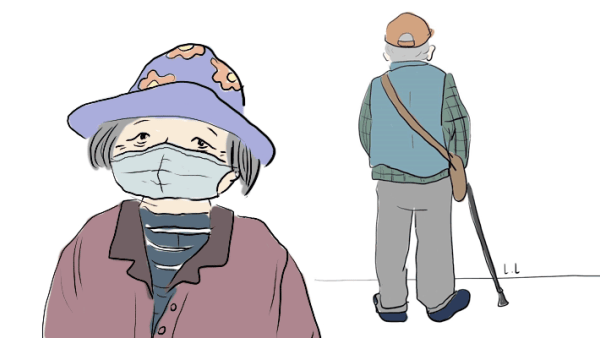
As the human body ages, cellular changes can drive a host of age-related diseases and conditions. The appearance of aging cells, also called senescent cells, in age-related diseases has spurred the

When a mouthful of water goes down the wrong pipe – heading toward a healthy person’s lungs instead of their gut – they start coughing uncontrollably. That’s because their upper airway senses the
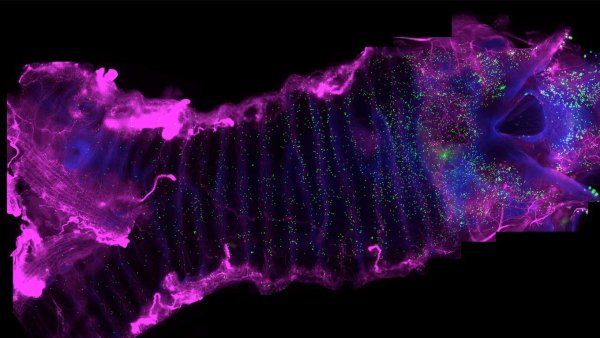
Mild brain inflammation destroys arm-like projections of neurons rather than the neurons themselves, but can still cause significant brain damage.
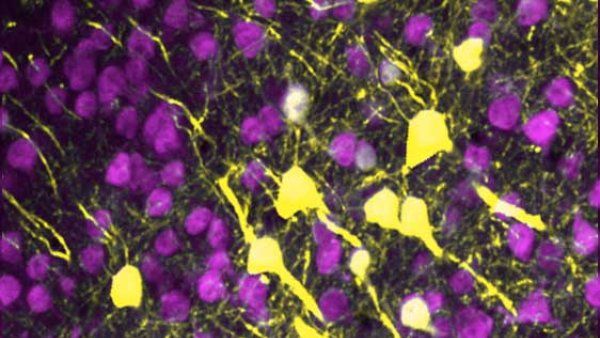
People with dementia and those who care for them should be screened for loneliness, so providers can find ways to keep them socially connected.
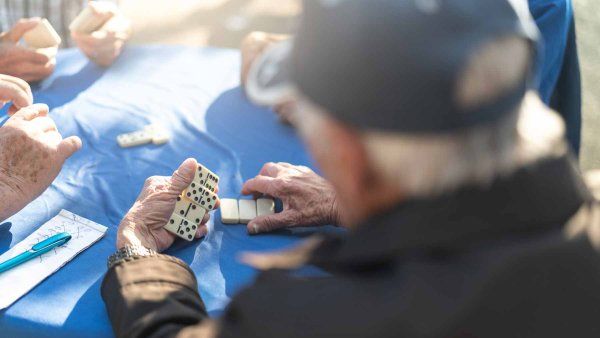
UCSF scientists found a way to predict Alzheimer’s disease up to seven years before symptoms appear by analyzing patient records with machine learning. Conditions that most influenced prediction of Alzheimer’s were high cholesterol and, for women, osteoporosis.

A little-studied steroid that serves as a building block for hormones like estrogen and testosterone has been shown to enhance learning and memory in a new study by researchers at UC San Francisco.

A newly-discovered gene may explain how humans go deaf both as they age, and in response to loud noise.
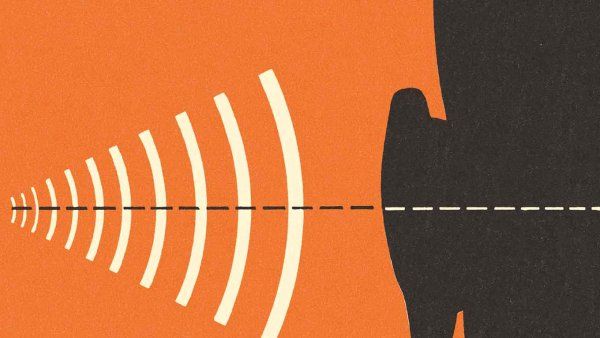
Quality of sleep, not quantity, may play a part in the development of dementia decades before symptoms start.
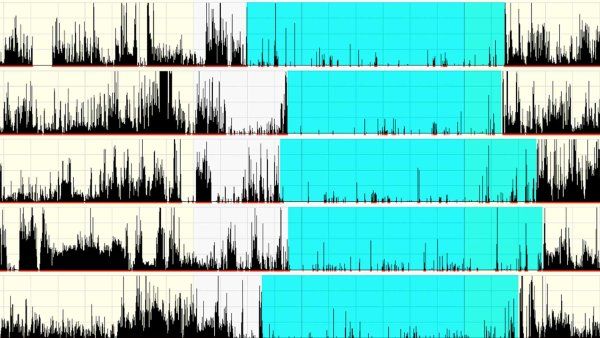
What a tiny grassroots program in the Tenderloin is teaching doctors about healing through human connection.
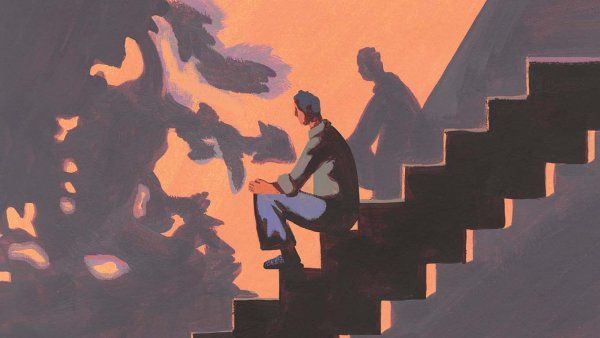
Fortified stem cells. Enhanced memory. A longevity hormone. UCSF researchers are finding out whether we can cancel – or at least delay – old age.

Pulsed field ablation is a cutting edge treatment that is shorter, faster and has fewer complications than traditional ablation.
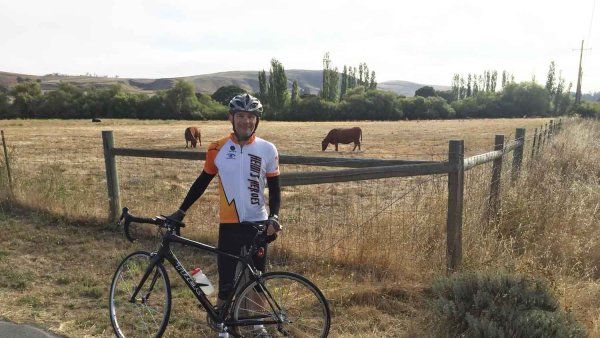
Personalized health and lifestyle changes such as increased exercise and socializtion can delay or even prevent memory loss for higher-risk older adults.
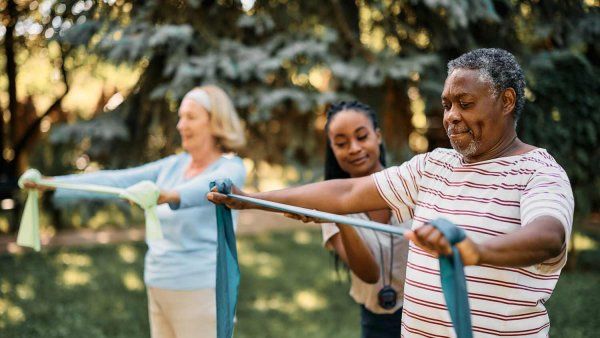
New research shows that in the U.S., the longevity gap between women and men has been widening for more than a decade, with women outliving men by an average of six years.

UCSF experts to discuss amyloid therapies and dementia research at CTAD conference, addressing equity, novel treatments, and innovative studies.
